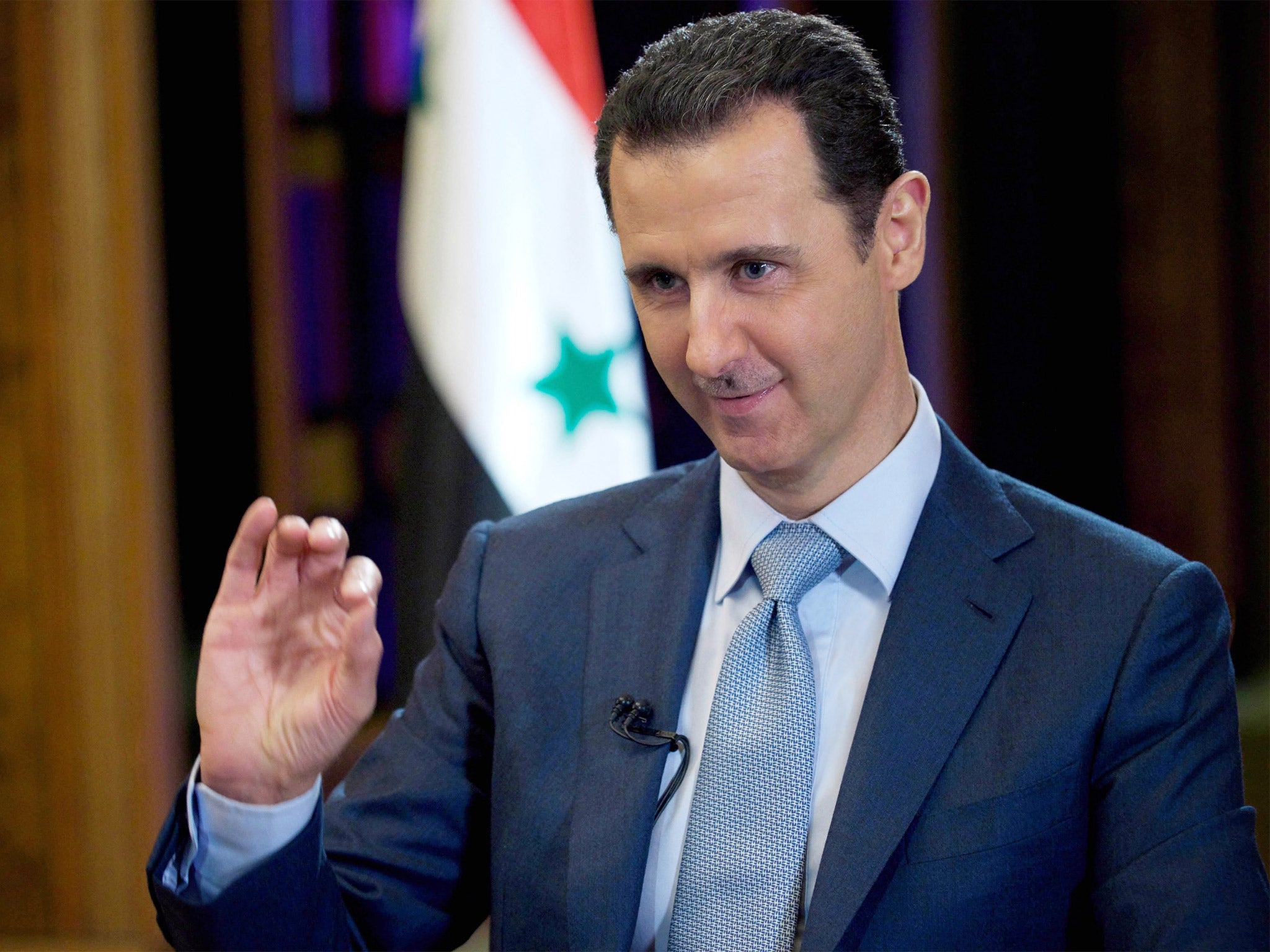Iran nuclear deal: Agreement 'could increase risk of terrorism in UK', says Saudi official
Extra revenue enjoyed by the Iranian regime after the lifting of sanctions means more bloodshed in Syria, the official said

The lifting of economic sanctions on Iran as part of this week’s nuclear deal with Tehran may result in even greater bloodshed in Syria’s civil war, a senior Saudi official has claimed – and could increase the risk of terrorist attacks in Britain.
Extra revenue available to the Iranian regime, as its foreign assets are unfrozen and it resumes oil exports, will enable it to increase its support of President Bashar al-Assad, just when his forces have suffered a series of reverses that might have forced a change in the Syrian regime, said the diplomat, who has been based in western Europe and the US and is connected to Saudi Arabia’s security establishment.
Saudi Arabia has so far issued only brief and guarded public statements on the agreement between Iran and international powers that was struck on 14 July. But Saudi rulers had previously expressed deep private anger over President Barack Obama’s approach to Iran, seen by the Kingdom as a major regional foe, and at de-facto cooperation between the US and Iran in the fight against Isis in Iraq.
“We have seen how Iran is exporting instability across the region, its actions in Yemen and also places like Bahrain,” the official said. “These places don’t affect the West directly for the time being perhaps, but what happens in Syria does – it leads to bombs in your streets.
“A peace agreement in Syria cannot take place with Assad still in power. But he was losing ground, his Hezbollah mercenaries have taken big losses and he is costing Iran a lot of money to support him. There was a chance of him going and others in the regime doing a deal with the opposition. But that will change if sanctions and the embargo are lifted. The war will go on and more terrorism will be fomented.”
The official’s comments came as the implications of the deal continued to be debated. President Barack Obama said it was a historic chance to purse a safer world, adding: “Without a deal, the international sanctions regime will unravel, with little ability to re-impose it. With this deal, we have the possibility to peacefully resolve a major threat to regional and international security.”
The Israeli prime minister, Benjamin Netanyahu, said Israel was not bound by the deal and would continue to oppose it because of fears that it would not prevent Iran from developing nuclear weapons in the future. Addressing the country’s parliament he said: “We will reserve our right to defend ourselves against all of our enemies.”
But Philip Hammond, the Foreign Secretary, said Israel did not want an agreement with Iran. “The question you have to ask yourself is what kind of a deal would have been welcomed in Tel Aviv?” he said. “Israel wants a permanent state of standoff and I don’t believe that’s in the interests of the region.”
Meanwhile the Saudi official denied reports that his country had “bought” a nuclear warhead from Pakistan that was ready to be shipped to Riyadh when necessary. Four months ago, Prince Turki bin Faisal, the former intelligence chief of the Kingdom and ambassador to London and Washington, declared “Whatever the Iranians have, we will have too.” But the official said: “If the West does not complain about Iran’s supposedly peaceful nuclear programme, why should they complain about us?”